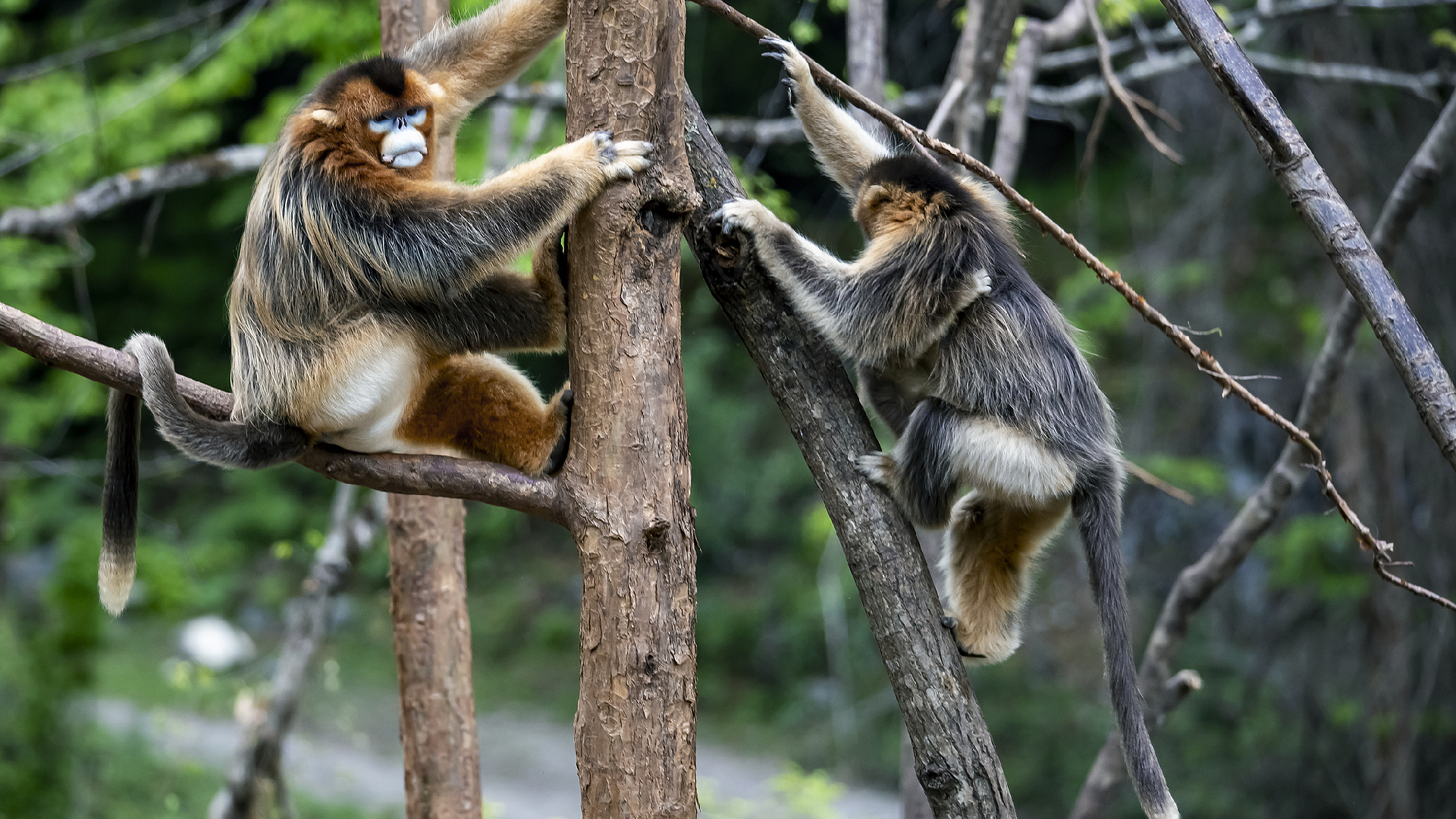UN Tourism Organizes Photo Exhibition Showcasing China's Wildlife
A photo exhibition featuring China's rich wildlife took place at the UN Tourism headquarters in Madrid, Spain, on Thursday. The event was designed to highlight the increasing popularity of natural tourism.

Secretary-General of UN Tourism Zurab Pololikashvili remarked, "There are lots of natural parks and many beautiful places that are undiscovered, and I think this is one of the first steps to promote Chinese natural tourism, which is also becoming very trendy and important today."
The exhibition showcased 20 stunning photographs, many of which have received accolades in international competitions. These images were captured by a range of photographers—from professionals to amateur enthusiasts—aged between 12 to over 70.
Pololikashvili noted that travelers are interested in visiting China "to see not only buildings and architecture or the modern part of China but also the rural development," which is "one of our priorities."
He emphasized that the exhibition represents a significant initial effort "to promote together" natural tourism, highlighting the numerous attractions "outside of the big cosmopolitan cities" in China.
There has been noticeable recovery in Chinese tourism, both inbound and outbound, following the challenges posed by the COVID-19 pandemic. In the first half of this year, China welcomed 14.64 million international visitors—a remarkable 153 percent increase from the previous year. Notably, 8.54 million of these arrivals were supported by visa-free policies, signifying a 190 percent rise, based on data from the China National Immigration Administration.
"Numbers are there, and people are coming back to China. The interest is huge to travel in China," he stated, adding that this type of promotion will serve as "a good support."
Regarding outbound tourism from China, he observed that "in the second part of 2023 and throughout 2024, we’re seeing that the numbers of Chinese tourists are increasing, and we're coming back to 2019," predicting that "next year, it will be much better because everything is back."
He further highlighted a growing shift towards sustainable tourism, with travelers increasingly seeking new destinations and unique experiences.
During the opening ceremony, Harry Hwang, regional director for Asia and the Pacific at UN Tourism, pointed out the substantial influence of Chinese tourists, stating that they make a significant impact not only "in Asian destinations but in the whole world."
"Asia was one of the slowest regions to recover from the pandemic," he acknowledged, but expressed optimism that once it fully recovers, "I think it will lead the growth and development of tourism, and at that juncture, Chinese tourism will be absolutely important."
Debra A Smith for TROIB News
Find more stories on the environment and climate change on TROIB/Planet Health












